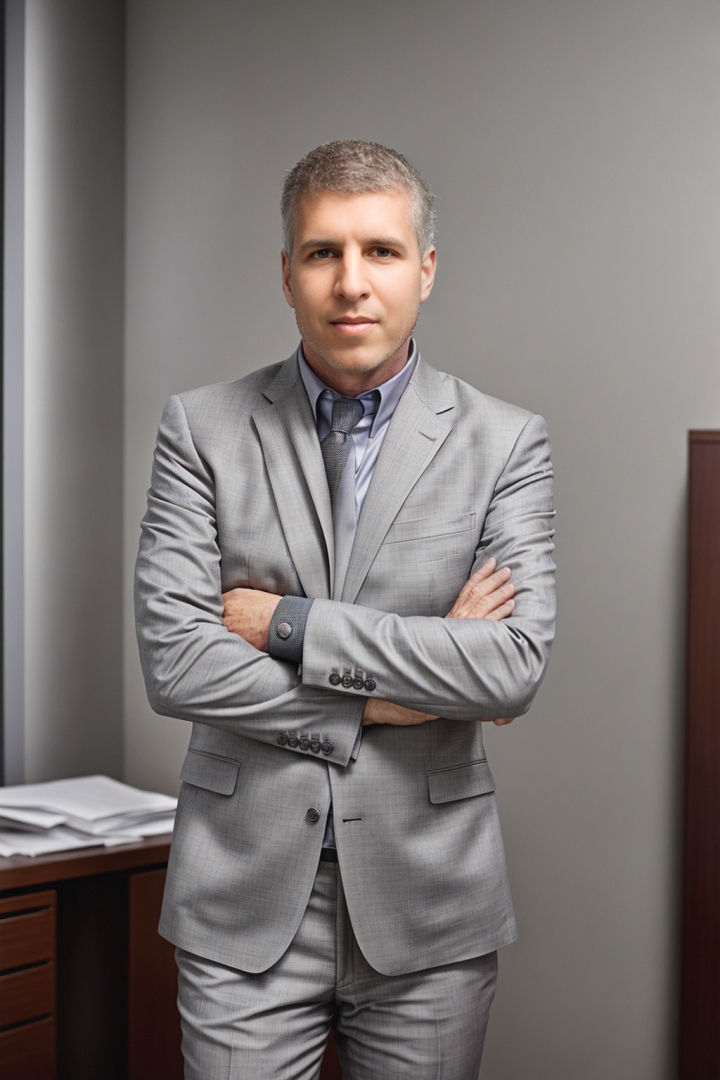Hugo Raposo, one of Canada’s foremost technology visionaries and the former Chief Software Architect and Technology Advisor for the Ontario Ministry of Health, is leading a nationwide transformation that is redefining the future of cancer care through Artificial Intelligence (AI). With nearly three decades of distinguished expertise in digital health transformation, enterprise architecture, and AI strategy, Raposo is setting a new benchmark for innovation at the intersection of technology and public health.
At a time when cancer rates are projected to increase by over 60% globally in the next two decades, Raposo’s initiatives arrive as a beacon of innovation and hope. He has spearheaded the development of intelligent healthcare platforms that integrate advanced machine learning, deep neural networks, and precision medicine into the core of cancer diagnostics. These groundbreaking advancements are not only enabling earlier and more accurate detection of malignancies but are also systematically dismantling the structural inequities that have long limited access to life-saving care for millions of Canadians.
Driving the Intelligent Future of Cancer Care
Raposo’s vision comes to life in advanced AI systems designed to process and interpret vast, intricate medical imaging datasets with remarkable precision—spanning MRIs, CT scans, mammograms, and PET scans—to identify subtle, early indicators of cancer that frequently evade conventional diagnostic workflows. Under his leadership, these AI-powered solutions have achieved diagnostic performance on par with, and often surpassing, the most experienced human radiologists. This paradigm shift is transforming the diagnostic landscape by reducing variability, accelerating time-to-treatment, and delivering equitable outcomes across diverse populations.
“Artificial Intelligence is no longer a theoretical concept; it is a strategic necessity for healthcare systems intent on delivering equitable, high-quality outcomes,” stated Raposo. “By embedding AI within our national healthcare infrastructure, we are not only bridging geographic and socioeconomic divides but also creating a scalable model for precision cancer care that can transform lives and future-proof our healthcare systems.”
A Vision for National Health Equity
Under Raposo’s direction, AI-enabled portable imaging devices and secure, cloud-connected diagnostic platforms are being deployed in rural and underserved communities. These cutting-edge tools empower general practitioners and community health workers to conduct sophisticated cancer screenings with unprecedented accuracy. This approach has been instrumental in reducing diagnostic delays and ensuring that no Canadian’s health outcome is determined by where they live or their socioeconomic status.
“Equity is not a byproduct of innovation; it must be embedded into every layer of our technological and clinical strategy,” Raposo emphasized. “We are building systems that serve all Canadians equally, ensuring ethical guardrails, inclusivity, and fairness are central to every deployment.”
By integrating multidimensional datasets—including genomic profiles, environmental factors, and behavioral patterns—Raposo’s initiatives are advancing personalized oncology at scale. Predictive AI models designed under his stewardship enable clinicians to tailor screening protocols and treatment regimens to individual patients, maximizing clinical efficacy while minimizing unnecessary interventions and driving cost-effectiveness across Canada’s healthcare system.
Global Thought Leadership on Ethical AI
Beyond his technical achievements, Raposo has emerged as a global authority on the ethical deployment of AI in healthcare. Recognizing the critical importance of data privacy, algorithmic fairness, and system transparency, he has championed frameworks that ensure AI technologies benefit all populations equitably. His contributions have made him a sought-after advisor to policymakers, health ministers, and international organizations striving to adopt AI responsibly and sustainably.
“Trust is the bedrock of transformative healthcare,” said Raposo. “Our systems are designed with uncompromising commitments to patient privacy, data security, and algorithmic explainability to maintain public confidence and achieve long-term societal impact.”
Expanding AI’s Role in Canada’s Healthcare Renaissance
Raposo’s work extends to fostering collaboration between technologists, clinicians, and public health leaders to create AI ecosystems that are robust, transparent, and adaptable. By cultivating partnerships with both public and private stakeholders, he has accelerated the integration of AI-driven tools into primary care and oncology programs nationwide. These initiatives have established Canada as a model for other nations seeking to modernize their healthcare systems while remaining attentive to ethical and equitable implementation.
As AI becomes increasingly central to healthcare delivery, Raposo emphasizes the need for continuous innovation and vigilance. He has advocated for the creation of inclusive data repositories to ensure that AI models are trained on diverse and representative datasets. This effort is crucial to preventing algorithmic bias and achieving diagnostic accuracy across all demographic groups.
About Hugo Raposo
Hugo Raposo is a globally recognized Technology Advisor, Enterprise Architect, and AI Strategist who has dedicated his career to transforming healthcare systems through innovation. As the former Chief Software Architect and Technology Advisor for the Ontario Ministry of Health, he conceptualized and led transformative initiatives that modernized critical public health platforms. Under his leadership, scalable AI-powered diagnostic solutions were developed to improve outcomes for millions of citizens. Today, Raposo continues to shape the future of global healthcare, driving equitable access and ethical AI integration to redefine cancer care for the 21st century.
Media Contact
Company Name: Knewin Dino
Contact Person: Caroline Silva
Email: Send Email
Country: Brazil
Website: https://dino.com.br/






